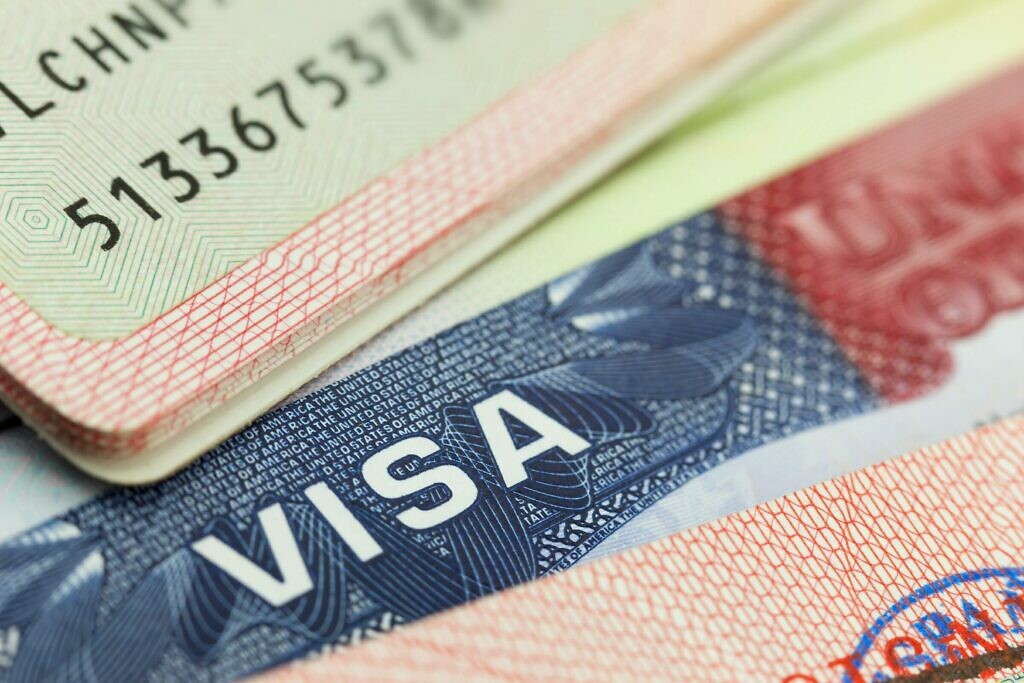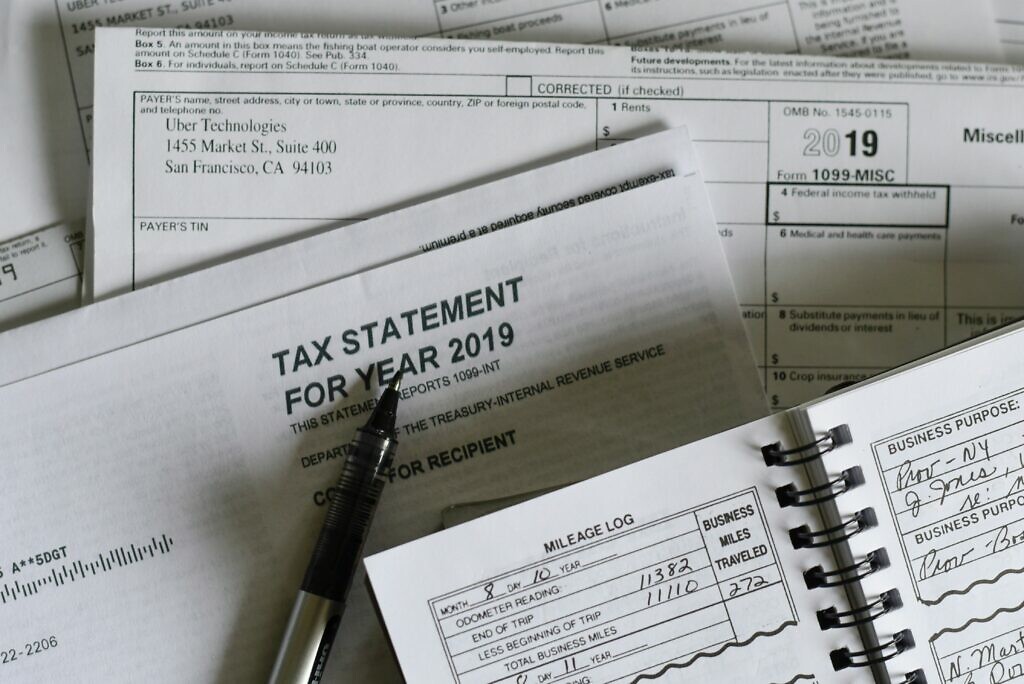Translation and Legalization in Thailand

Translation and legalization in Thailand are essential legal and administrative processes that ensure foreign-language documents are officially recognized by Thai authorities—and that Thai documents are accepted abroad. These procedures are frequently required for immigration, business registration, court proceedings, marriage and family matters, education, and cross-border transactions. Because Thailand places strong emphasis on formal authenticity and […]
Muslim Marriage in Thailand

Muslim marriage in Thailand sits at the junction of Islamic ritual practice, local Islamic institutions and the Thai civil-law apparatus. For Thai Muslims, mixed-nationality couples and foreigners marrying in Thailand, the central practical challenges are (1) making a nikāḥ that is both religiously valid and administratively useful, (2) understanding how the special southern provinces’ regime […]
Business Visa in Thailand

Business Visa in Thailand. Doing business in Thailand usually starts with the right visa. “Business visa” is an umbrella term most people use for the Non-Immigrant “B” category (for employment, business negotiation and investment), but it also covers special pathways — SMART, BOI-facilitated visas, and new LTR or long-stay schemes — each with different benefits, […]
Title Deeds in Thailand

Title Deeds in Thailand. Understanding title deeds is the single most important step when buying, selling, financing or otherwise dealing with land or buildings in Thailand. The country uses a layered system of land documents — some give full freehold, others only possessory or use rights — and the practical difference between them can determine […]
Thailand Income Tax

Thailand Income Tax. Thailand’s personal income tax hinges on residency. You are a Thai tax resident for a calendar year if you are present in Thailand for 180 days or more in that year. Residents are taxed on Thai-source income and—following new guidance—on certain foreign-source income when remitted to Thailand (explained below). Non-residents are taxed […]
Property Mortgages in Thailand

Property Mortgages in Thailand. In Thailand, the legal mortgage system serves as a formal mechanism for securing obligations related to real property. While mortgages are recognized under the Civil and Commercial Code (CCC) and further regulated by ministerial and departmental orders, the practical use of mortgages—especially by foreign parties—remains limited due to restrictions on foreign […]
Property and Real Estate Disputes in Thailand

Property and real estate disputes in Thailand arise in various contexts, including ownership challenges, boundary conflicts, defective title claims, contractual breaches, and encumbrance disputes. These matters are adjudicated primarily under the Civil and Commercial Code (CCC), the Land Code B.E. 2497 (1954), and specialized legislation such as the Condominium Act B.E. 2522 (1979). Jurisdiction lies […]
